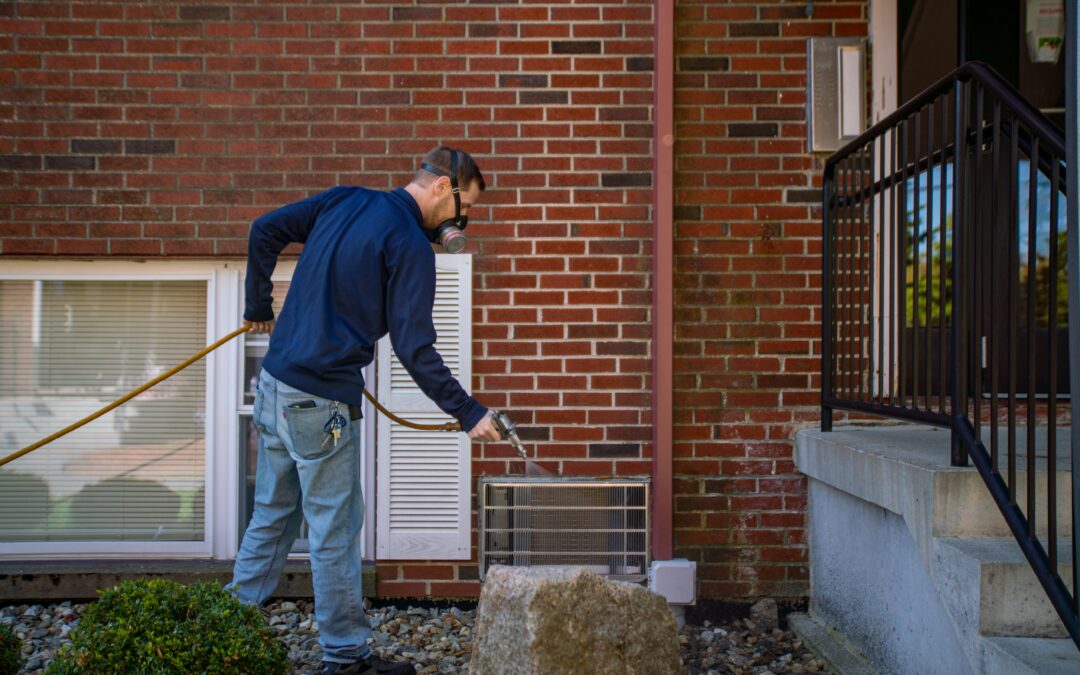There are several dangerous ant species out there, with the pharaoh ant being one of them. The pharaoh ant is known for spreading diseases and building very resilient colonies. Let’s take a closer look at this ant species and the threats that it poses.
Why pharaoh ants are dangerous
The name pharaoh ant comes from the fact that they were considered one of the plagues that were released in Egypt during biblical times and because they are yellow in coloration. They are a major pest in hospitals, where they have been found to enter the wounds of patients, along with IV bottles, and they have been known to seek moisture in sleeping patients’ mouths. If that was not horrific enough, these ants are known to spread over a dozen dangerous pathogens, including Streptococcus pyogenes and salmonella.
Why pharaoh ants are hard to remove
Pharaoh ants will generally try to build their colonies in inaccessible areas, such as inside wall voids, behind baseboards, and under floorboards. To make matters worse, each colony has multiple queens, and when a colony is disturbed, the ants will engage in a behavior known as budding. A colony that is budding will send groups of workers and queens out to different locations and establish new outposts that can survive the current threat to the colony. Needless to say, this makes pharaoh ant colonies much harder to remove than the ones you get with regular ant infestations.
What to do in case of a pharaoh ant infestation
If you start to notice tiny yellow ants around the home, it’s important to act fast and get in touch with a pest control professional. A pro will be able to use various techniques and tools to make sure that the infestation is destroyed completely. Otherwise, if you go with a DIY approach, you may be able to kill a few queens, but if you do not kill all of them, they will simply restart the colony where it left off and the infestation will continue. So, pharaoh ants are one of the species that you need to be aware of and that you need to get rid of as fast as possible.
For more information about pharaoh ants and how they are removed, or if you have a pharaoh ant infestation in the home, contact us today.

